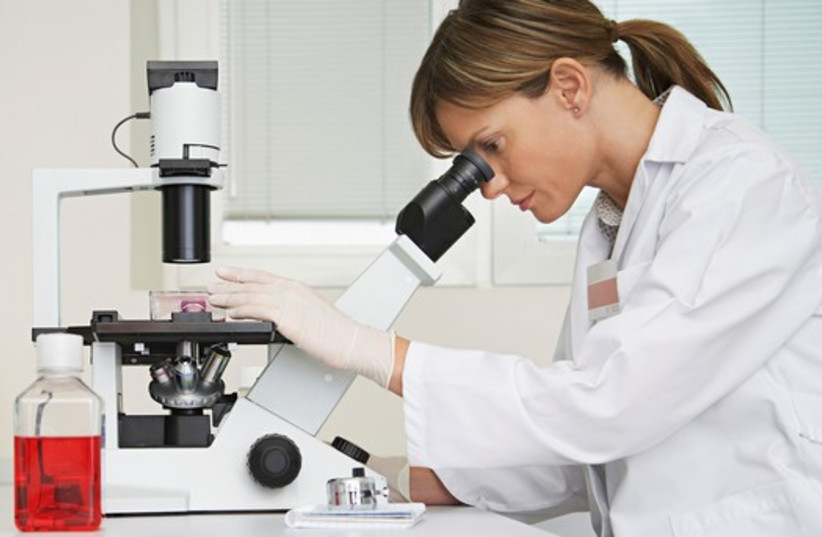Researchers from the University of California, Santa Cruz discovered a protein that is released during the early stages of cancer, paving the way for the potential development of a blood test that could diagnose any type of cancer before symptoms manifest, according to Studyfinds.org.
The discovery was detailed in a peer-reviewed study published in the journal Cell Reports on Tuesday.
According to Studyfinds, the release of the protein, produced by the gene KRAS, alters the "dark matter" within RNA, creating a biomarker that doctors can detect. It is the most common mutation in all tumors, including pancreatic, lung and bowel cancer.
The findings could lead to the creation of a screening program for people at risk of developing cancer, such as old or genetically susceptible people, by looking for chemical changes in the genetic code leaked by tumors into the bloodstream, Studyfinds added.
“The sooner you detect that someone has cancer, the more likely they will be to survive through treatment and surgery,” lead study author Dr. Daniel Kim said, according to the site.

“Millions of people die from cancer every year around the world, and there is an urgent need to develop highly sensitive and specific diagnostic tests that enable cancer early detection, before it has spread to other parts of the body.”
Lead author Dr. Daniel Kim
“Millions of people die from cancer every year around the world, and there is an urgent need to develop highly sensitive and specific diagnostic tests that enable cancer early detection, before it has spread to other parts of the body,” he added.
According to Studyfinds, KRAS is responsible for regulating RNA, which transcribes instructions encoded in DNA. Previous experiments found that carcinogenic variants incorrectly activate others that can be identified in the blood via genetic sequencing.
Experiment
In the new experiment, the UC Santa Cruz researchers modified healthy lung cells with mutant KRAS genes, causing them to become cancerous, then conducted RNA sequencing.
“We were in an interdisciplinary environment that really encouraged us to think about RNA and cancer in a different way,” said first author and PhD candidate Roman Reggiardo.
